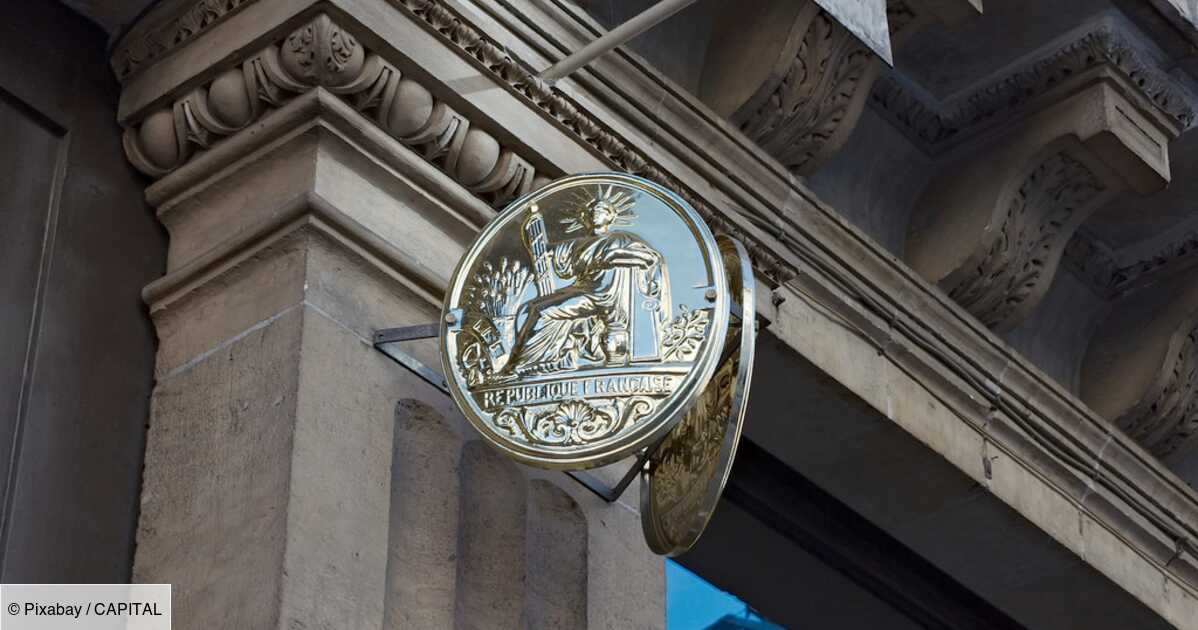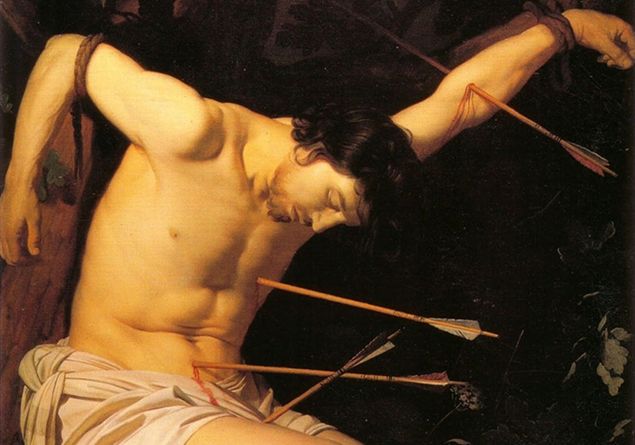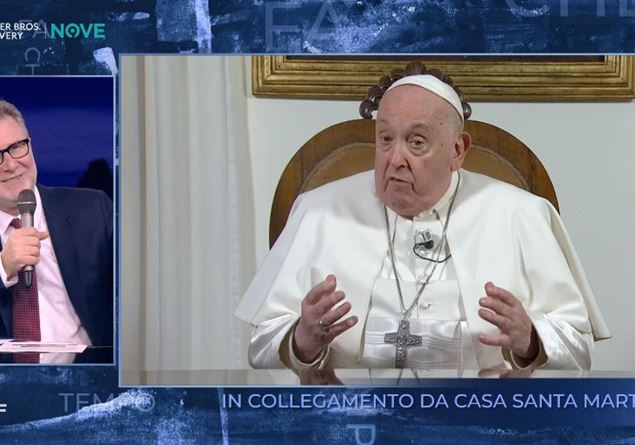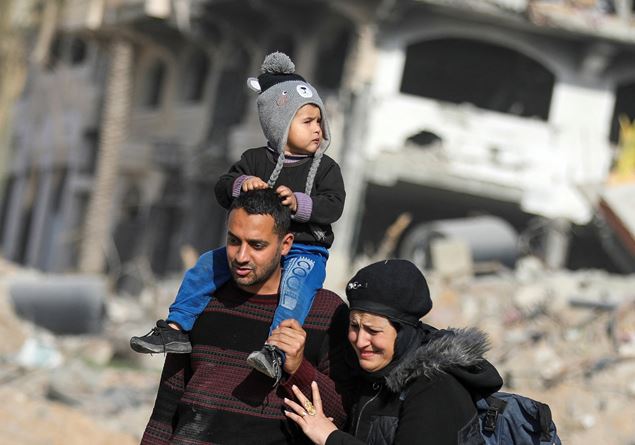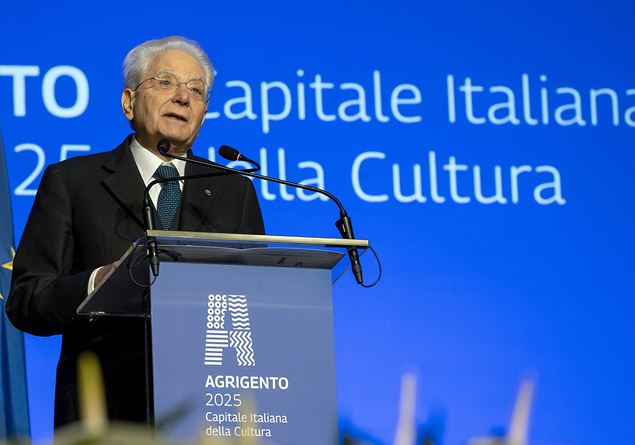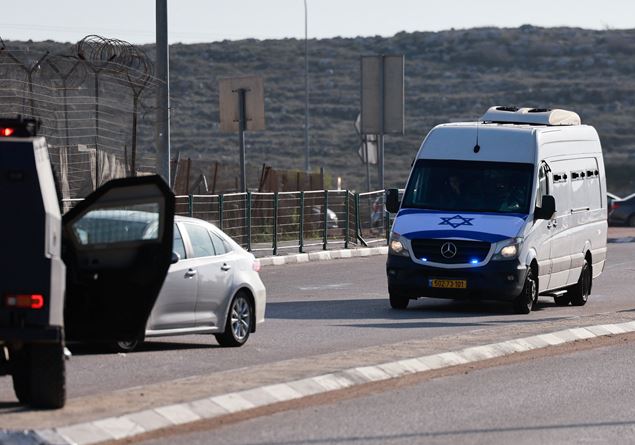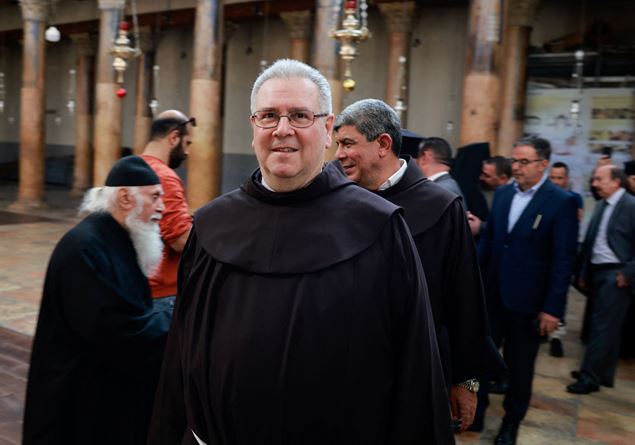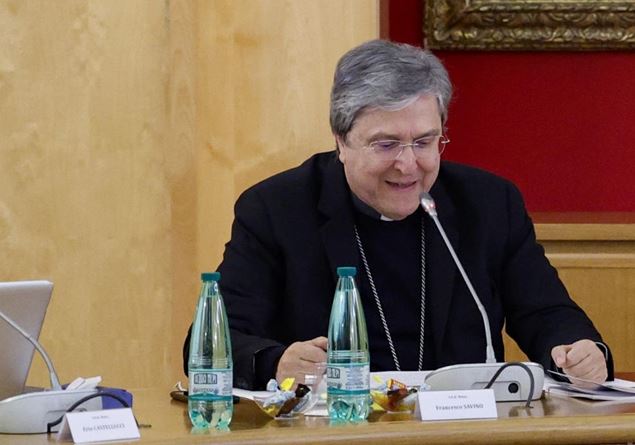
“It must be said clearly that the sacraments risk throwing families into the arms of usurers.” The complaint comes from Monsignor Francesco Savino, bishop of Cassano all’Ionio and vice-president of the CEI. «With our diocesan foundation “San Matteo”», he adds, «we have opened a very serious reflection with the young people of the schools of Cassano on the responsible use of money. A very concrete debate followed which touched on the key points of the problem.”
Why are the sacraments at risk of usury?
“Because when there is a baptism, when there are confirmations, first communions and, above all, weddings, just to have a meaningful party you go into debt without even caring who you ask for the money from.”
Why is it so important to celebrate this way?
«We have to see things from a sociological point of view. The party is a sort of status symbol, that is, the manifestation of one’s life condition. So, just to appear, you go to the loan shark or even to the supposed friend who, however, turns out to be a trap.”
Is wear and tear that widespread?
«Unfortunately in Calabria it affects both small and medium-sized businesses, shops, farms and families. The rates are very high, up to 200 percent, and even the alleged friend who perhaps is not directly a mafia member, when the credit needs to be recovered, brings the Ndrangheta into action. Let’s also remember that usury is a nice laundry of dirty money that the ‘Ndrangheta accumulates and then needs to put back into circulation in a clean way.”
What to do?
«First of all, become aware of it. I always say that I feel like a failure as a priest, as a catechist, as a bishop if I accompany people to the sacraments and they, just to celebrate, end up in the hands of the loan shark.”
But is there really no money even for a party?
«There is growing poverty in the South. The latest Eurostat data say that Calabria is in second to last place for poverty. Behind it is a small French region. But the mentality says that even if I don’t have resources I have to celebrate anyway and therefore I go into debt. Sometimes it is not a question of large sums, but the saying “few, damned and immediately” applies and therefore, in order to have them, we resort to supposed friends who then turn out not to be friends. When the money, which becomes more and more, is not returned, the reactions are violent on the person, on the family members, they set fire to cars and warehouses.”
How do you intervene?
«Here we have a foundation that we called “San Matteo” remembering Levi who converted and returned half of the money and goods he had stolen. With this structure we try to support super-indebted families. There is a whole procedure to access aid. For example we can help if there is a complaint. Of course, here it is difficult, due to shame and fear, for people to report themselves. There is still a lot of silence, but steps forward are being made.”
Do you also talk about it in the preparatory courses for the sacraments?
“Certain. It is terrible to think of going into debt to celebrate a sacrament. When I was a parish priest, and I invite my priests to do so, I tried to propose having the celebration in the parish. Everyone brought something, the young people played and there was the participation of the whole community. Simple celebrations which, however, in this community dimension, give much more testimony to the sacrament that has been received”
In Calabria there is also a lot of gambling. Isn’t national law a limit?
«Where there is money there are always mafias. And in gambling the profits are huge. Furthermore, in Calabria the national law has been rethought by broadening its scope. As Calabrian bishops we had made an appeal to the Region to avoid, for example, slot machines and other places where gambling is close to schools or youth centres, but we were not listened to. Unfortunately, where there is the idolatry of money, where there are the sirens of money, where there is the possibility of profit, crime enters. The powers that be are holes and we risk being losers. But we don’t give up.”



